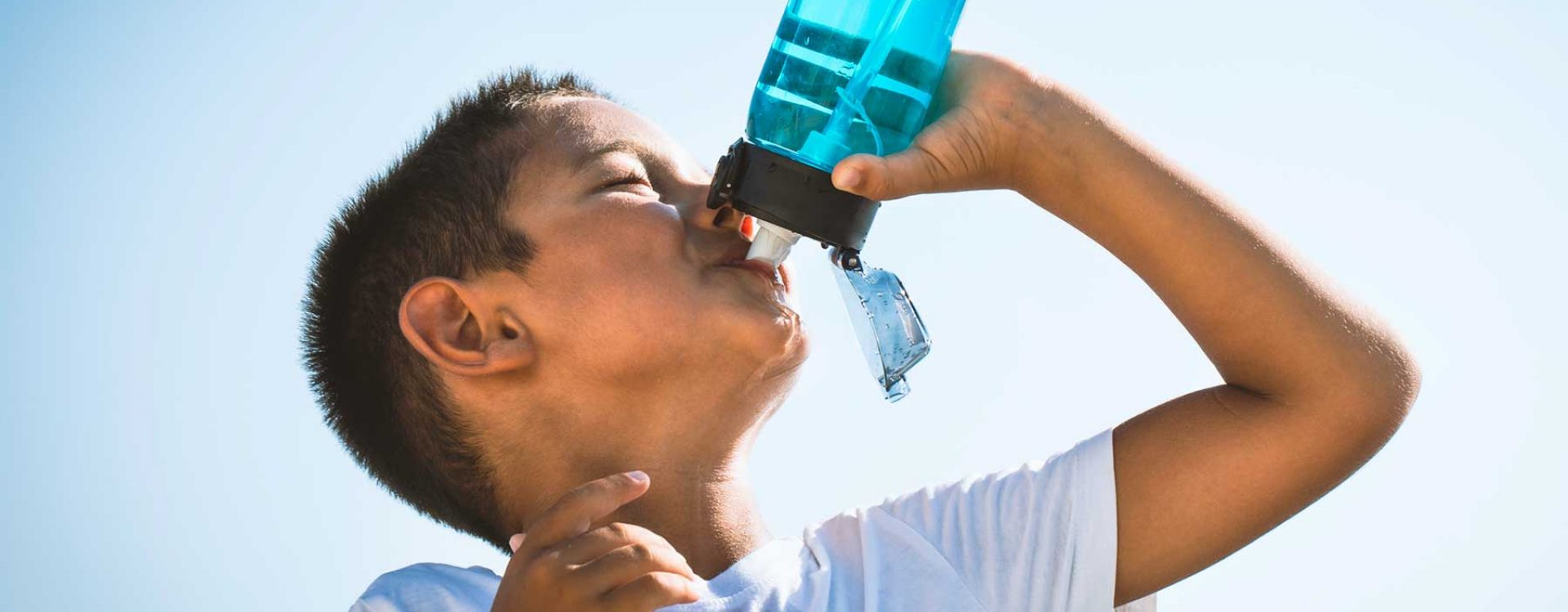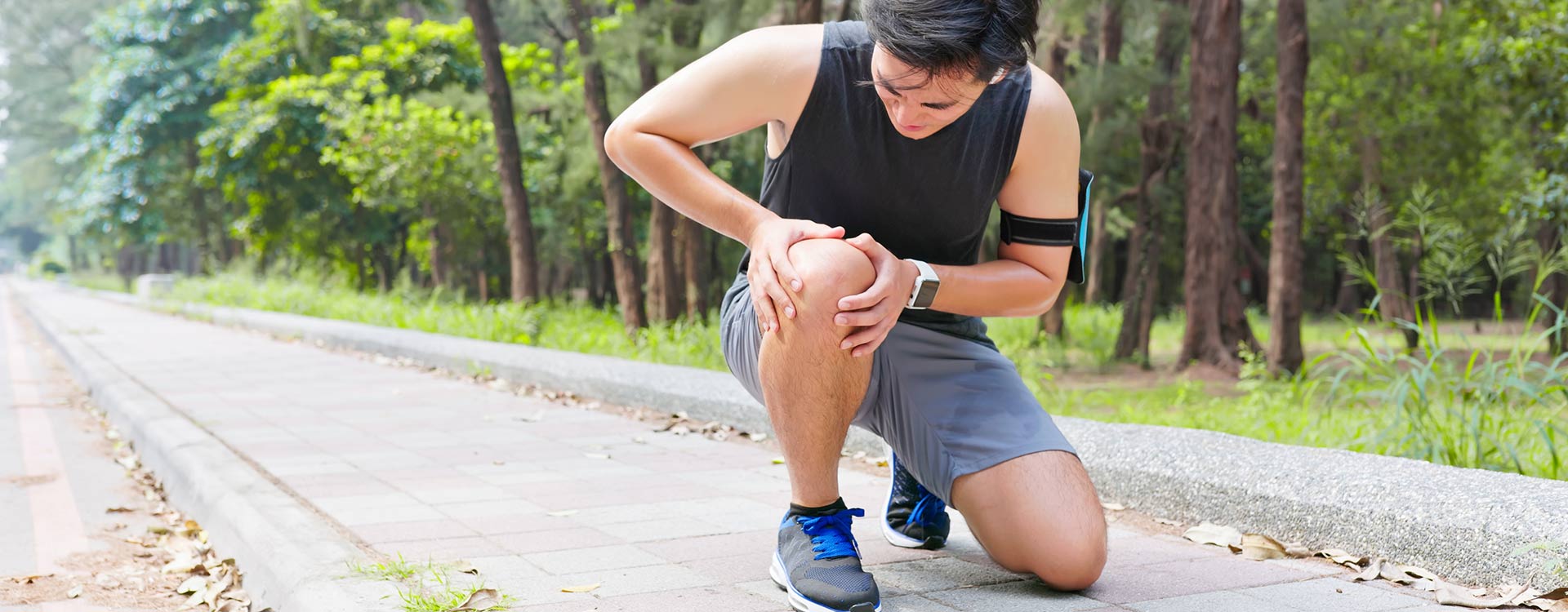Staying hydrated is crucial throughout the year, especially during the hot summer months when dehydration becomes more prevalent. Our bodies are composed of approximately 60% water, highlighting its fundamental importance to daily living. Staying on top of summer hydration is key as water plays a vital role in numerous bodily functions, such as:
- Temperature regulation
- Nutrient transportation
- Saliva production
- Maintaining healthy skin and joints
How to stay hydrated
Here are some ways you can stay well-hydrated.
- Start and end your day with a glass of water. As soon as you wake up and an hour or two before bed, drink a tall glass of water.
- Sip water throughout the day. Aim to get at least a cup of water every one to two hours.
- Carry a reusable water bottle. This will remind you to sip water throughout the day. You can make your water tastier by adding a few slices of citrus fruit or some fresh herbs.
- Avoid dehydrating drinks. Alcoholic and caffeinated beverages (including coffee, tea and soda) can be dehydrating. Drink these in moderation and drink a glass of water alongside them.
- Opt for water at restaurants. When dining out, choose water as your go-to beverage. You’ll save money and stay hydrated in the process.
- Eat hydrating foods. You can get a good portion of your water intake from the foods you eat, including vegetables, fruit, soup, cottage cheese and yogurt.
The most hydrating fruits and vegetables
The most water-rich fruits and vegetables include:
- Baby carrots
- Tomatoes
- Celery
- Spinach
- Cucumber
- Lettuce
- Bell peppers
- Cabbage
- Cauliflower
- Zucchini
- Peaches
- Watermelon
- Cantaloupe
- Strawberries
- Grapefruit
- Oranges
Incorporate these foods through:
- Salads
- Smoothies
- Veggies and yogurt dip
- Popsicles made from 100% fruit juice
- Frozen fruit as a refreshing summer snack
- Fruit-infused water
Signs of dehydration
You’re at an increased risk of dehydration if you:
- Are an older adult
- Are breastfeeding or pregnant
- Are sick with a fever, vomiting or diarrhea
- Exercise for a long time or in high temperatures
- Have kidney stones
- Have a bladder infection
Signs of mild to moderate dehydration include:
- Dark yellow urine
- Little to no urine
- Headache
- Thirst
- Dry, cool skin
- Muscle cramps
- Dry mouth
Signs of severe dehydration include:
- Fatigue
- Confusion
- Dizziness
- Irritability
- Fainting
- Sunken eyes
- Dry skin
- Rapid breathing or heartbeat
- Dark yellow urine
- Little to no urine
If you have symptoms of severe dehydration, visit urgent care or the emergency department. If you need a provider, visit pardeehospital.org.





